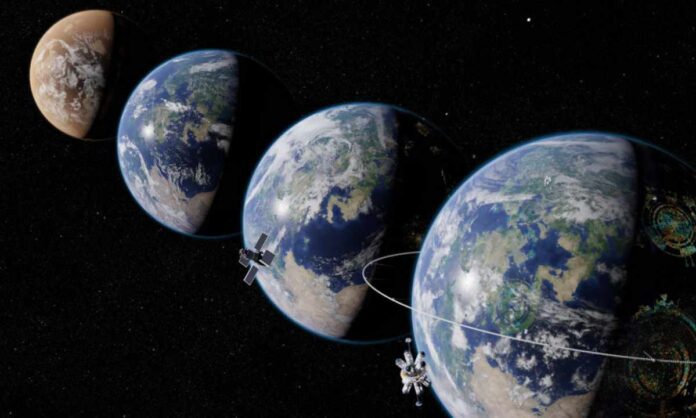 An artist’s depiction of a planet progressing through four stages of intelligence. (Image credit: University of Rochester illustration/Michael Osadciw)
An artist’s depiction of a planet progressing through four stages of intelligence. (Image credit: University of Rochester illustration/Michael Osadciw)
How about planets? Can they have minds? This idea, that planets are also conscious beings, seems to be at the heart of a new theory put forth by astrobiologists. The premise of this thought experiment is that bacteria and plants working together have altered planets like Earth, giving them a new lease on life.
This research, published in the International Journal of Astrobiology, provides a scale by which planets’ intelligence can be evaluated. It’s shocking to consider an extraterrestrial organism intelligent rather than a sentient animal like a human. But in a way, a planet can have a “green mind”; this paradigm suggests novel approaches to coping with climate change, technological upheaval, and other emergencies.
Planetary intelligence was characterised by the researchers as “cognitive activity” and knowledge functioning on a global scale. We understand that the concept of intelligence may be applied to everything from an individual to a community or even the peculiar actions of a virus or mould. For example, fungi’s webs of mycelium beneath the forest floor are its own breath; together, they make up a living system that can detect and adapt to shifting climates. All of Earth’s conditions will be drastically altered by these factors.
What really matters is when people dedicate their collective intelligence to the survival of the species. “In our view, a planet’s level of intelligence is determined by whether or not it can support life indefinitely,” the scientists said.
University of Rochester physics professor and article co-author Adam Frank said in a press release, “We don’t yet have the ability to communally respond in the best interests of the planet.” It is better to think of the effects of humans on Earth as something that “does not happen on a planet, but to a planet,” as the research puts it. In other words, the loss of forest habitat or the extinction of species actually harms a sentient being.
It was through the scientific concept of the “biosphere” that the idea of a planet developing its own life was first conceived. The biosphere “tells us that once life appears in a world, that world can take on a life of its own,” the authors stated. It prompts a deeper, albeit daring, inquiry: “If a planet with life has a life of its own, can it also have a mind of its own?”
The theory suggests that there may be intelligent life on Earth, but that “it doesn’t seem very smart.” According to University of Rochester astrobiologist Adam Frank, “We don’t yet have the ability to communally respond in the best interests of the planet.” Earth has intelligence, but the rest of the globe doesn’t.
The Earth seems unable to go past what is being called an “immature technosphere.” The scenario depicted here is one in which technology activity has matured and taken hold but is not yet fully integrated with other systems, such as the physical environment. We can only guarantee productivity and the survival of humans on Earth if biological and technological processes are in harmony, so it’s crucial that they be.
The researchers concluded that “such planetary intelligence would be capable of steering the future evolution of Earth” by working in tandem with planetary systems and being directed by a thorough grasp of those systems.
The implications of a theory of planetary intelligence could have far-reaching consequences. The idea of a self-sustaining body of knowledge that crosses species and is created in several locations and times is more appealing than the possibility of its existence. In other words, if people treat the elements of nature as if they were conscious beings, they might be more careful about the consequences of their activities.
That, Frank remarked, is the strength of this kind of research. What we need to know to weather the climatic crisis is brought together with the possibilities of life and advanced civilization on other worlds.

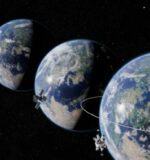



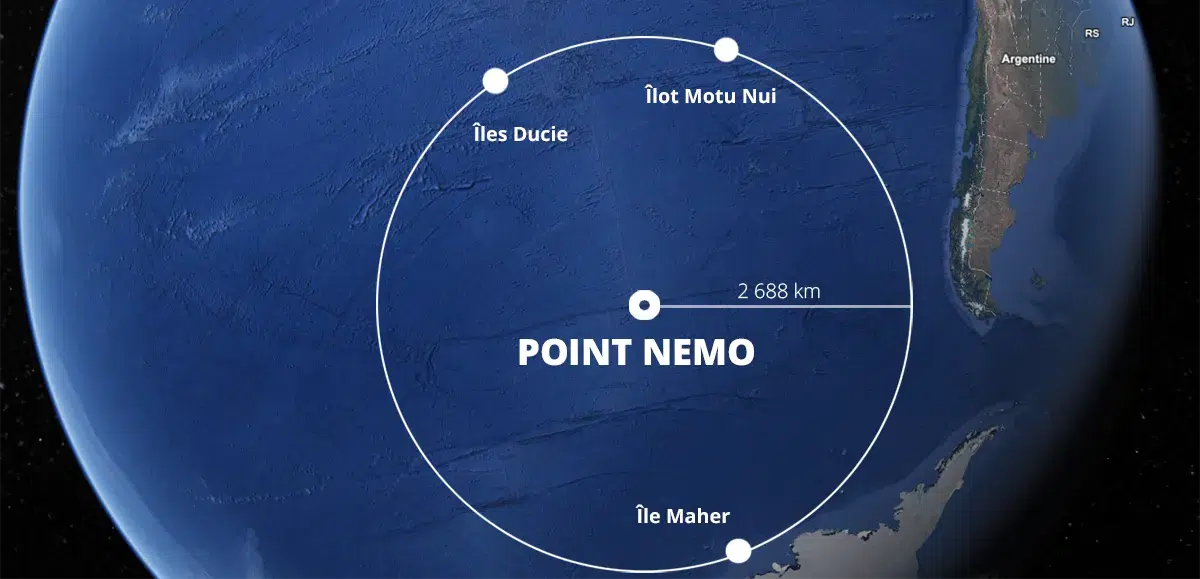
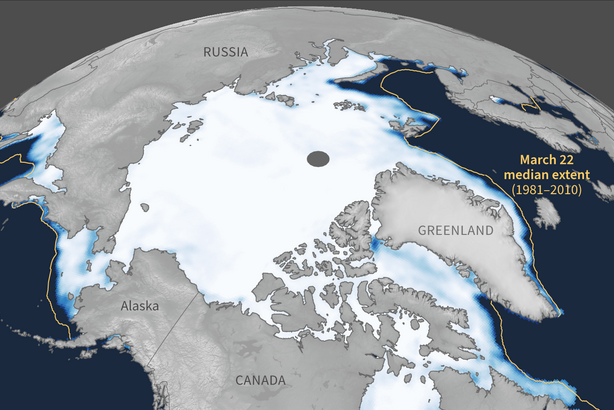
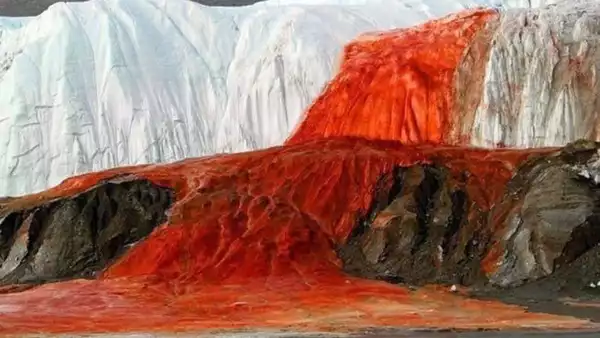
 Photographer Finds Locations Of 1960s Postcards To See How They Look Today, And The Difference Is Unbelievable
Photographer Finds Locations Of 1960s Postcards To See How They Look Today, And The Difference Is Unbelievable  Hij zet 3 IKEA kastjes tegen elkaar aan en maakt dit voor zijn vrouw…Wat een gaaf resultaat!!
Hij zet 3 IKEA kastjes tegen elkaar aan en maakt dit voor zijn vrouw…Wat een gaaf resultaat!!  Scientists Discover 512-Year-Old Shark, Which Would Be The Oldest Living Vertebrate On The Planet
Scientists Discover 512-Year-Old Shark, Which Would Be The Oldest Living Vertebrate On The Planet  Hus til salg er kun 22 kvadratmeter – men vent til du ser det indvendigt
Hus til salg er kun 22 kvadratmeter – men vent til du ser det indvendigt  Superknepet – så blir snuskiga ugnsformen som ny igen!
Superknepet – så blir snuskiga ugnsformen som ny igen!  Meteorite That Recently Fell in Somalia Turns Out to Contain Two Minerals Never Before Seen on Earth
Meteorite That Recently Fell in Somalia Turns Out to Contain Two Minerals Never Before Seen on Earth  Nearly Frozen Waves Captured On Camera By Nantucket Photographer
Nearly Frozen Waves Captured On Camera By Nantucket Photographer  It’s Official: Astronomers Have Discovered another Earth
It’s Official: Astronomers Have Discovered another Earth 